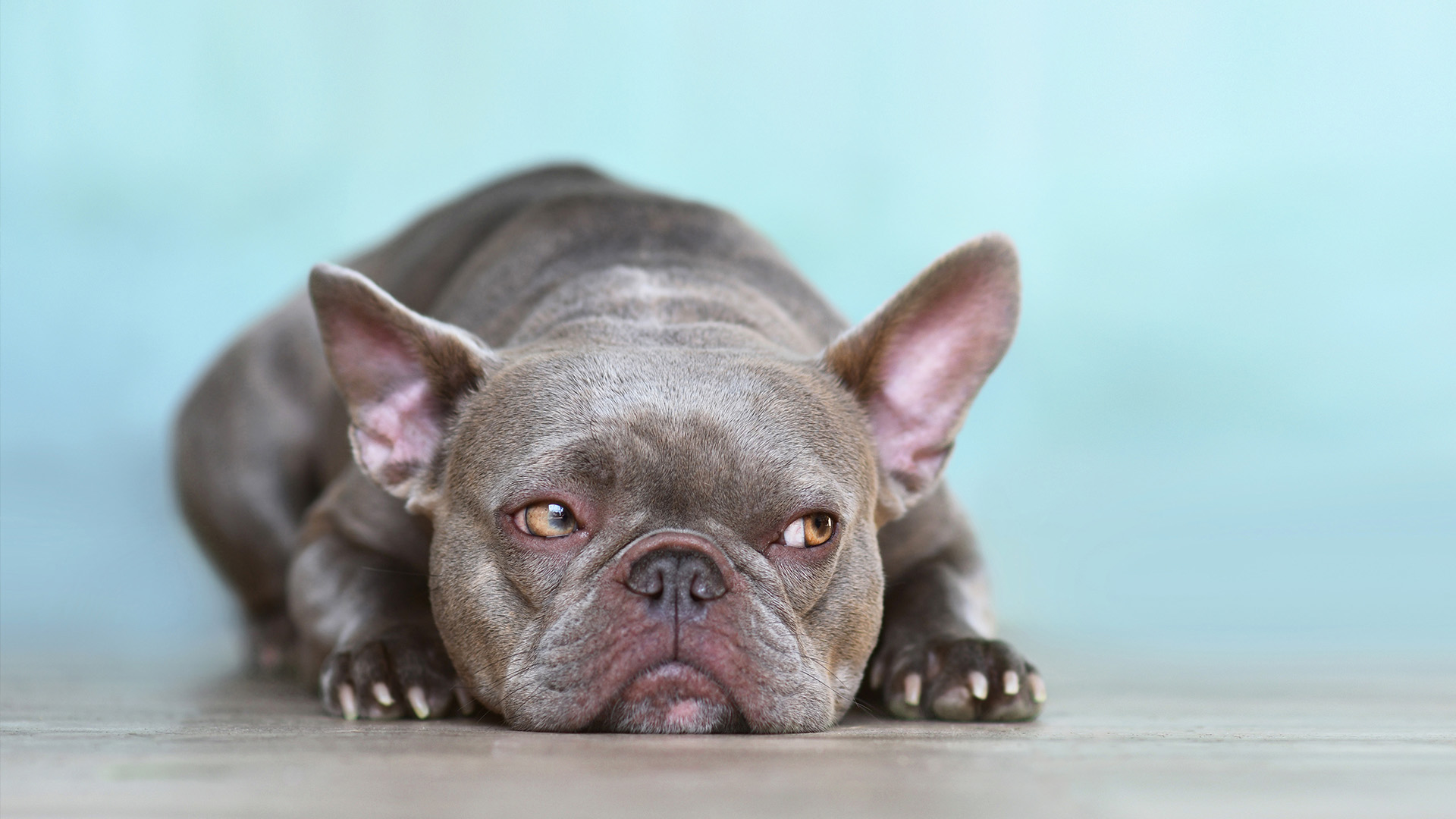
The teenage stage isn’t easy for anyone, whether you’re the teen or the parent. And that’s not only true when it comes to human teenagers, but canine ones, too.
Usually, the adolescent stage in dogs will begin when they’re between six months and a year old, and last until they’re between 18 months and two years – but it can vary. During this time, your pup will undergo hormonal changes just like human teenagers, and dog parents can find this stage challenging – where did that sweet little puppy go?
However, understanding exactly what’s going on can help you manage if you’re finding things difficult – and some of the best dog treats could come in handy. Award-winning trainer Lisa Burton of Listen Dog Training has got all the advice we need in a new Instagram post, so let’s take a look.
“In the wild, your dog would consider leaving the pack now,” Burton explains, “For your domesticated dog this isn’t an option, but his brain chemistry is still geared up for this decision-making process.”
It’s natural that your dog might become more confrontational with you – they’re testing how strong your bond is. If your dog were to do this with their pack in the wild, it would help them decide whether to stay with their pack or start their own. If your dog isn’t as cooperative as they used to be, this isn’t because you have a bad dog (though knowing how to deal with a badly behaved dog can certainly be useful!), or because you’re doing something wrong. It’s totally natural.
Your dog’s brain is changing, too. Your pup’s ventral striatum, a part of the brain that deals with rewards and motivation, will be pushing them toward new things, while their amygdala will ensure that they’ll be worrying about these things at the same time.
“This turns a lot of moments or exposures throughout our dog’s day that were previously uneventful into frustrating and stressful encounters,” Burton says.
So, what can you do to help support your dog and make life easier for yourself, too? Among the suggestions Burton makes are:
- Trying to avoid conflict with your dog where possible.
- Using freework as an enrichment activity at home and letting your dog sniff and explore on walks.
- Take your training back and revisit things your dog enjoys and is good at.
- Give your dog lots of social play.
- Work out what motivates your dog the most, and work with it.
- Manage your dog’s environment to minimize potential stress.
- Be flexible, and tailor your approach to your dog each day.
If your teenage dog is showing more signs of reactivity, meanwhile, you might find this article useful: My reactive dog impacted my entire household, here's what I did about it.







